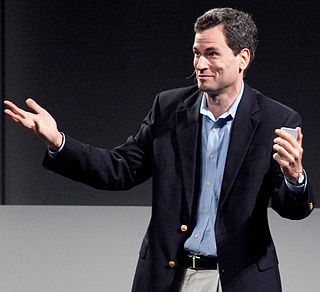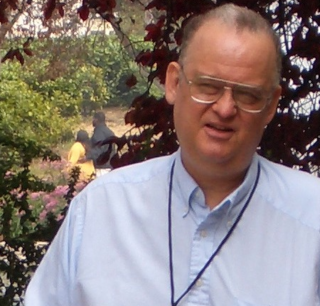A Quote by Sarah Parcak
Looting and site destruction are global problems. We have a tough road ahead, and one key will be developing more collaborations and using new technologies like satellite imagery.
Related Quotes
To set foot on the soil of the asteroids, to lift by hand a rock from the Moon, to observe Mars from a distance of several tens of kilometers, to land on its satellite or even on its surface, what can be more fantastic? From the moment of using rocket devices a new great era will begin in astronomy: the epoch of the more intensive study of the firmament.
The most exciting moment as an archaeologist happened when I was looking at the great archaeology site of Tannis, which of course we all know from 'Indiana Jones.' We got satellite imagery of the city of Tannis, we processed it, and literally from thousands of miles away from my lab in Alabama, we were able to map the entire city.
The technologies that will be most successful will resonate with human behaviour instead of working against it. In fact, to solve the problems of delivering and assimilating new technology into the workplace, we must look to the way humans act and react. In the last 20 years, US industry has invested more than $1 trillion in technology, but has realised little improvement in the efficiency of its knowledge workers and virtually none in their effectiveness. If we could solve the problems of the assimilation of new technology, the potential would be enormous.
Global poverty is a complex web of interlinked problems. There is no one 'silver bullet' that will solve global inequality. Multiple contributing factors must be tackled in parallel. Yes, education alone is unlikely to lead to employment without economic reform to address the demand side in much of the developing world.
































